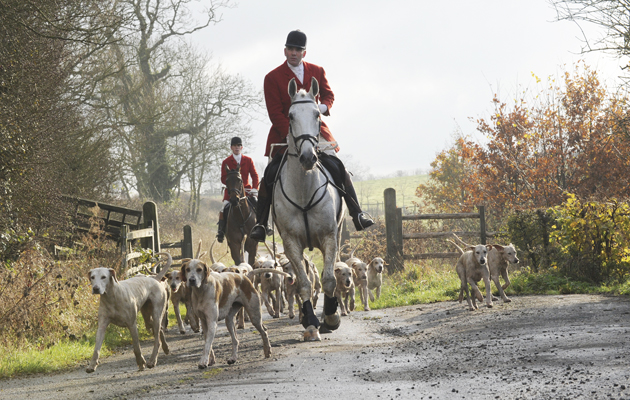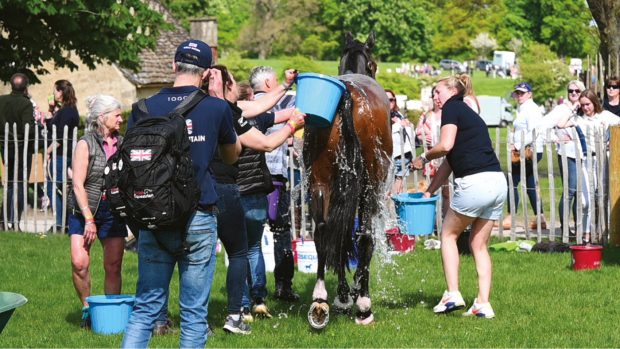If you love being part of the hunting community, aren't scared of long days and hard work, take pride in turning your horses out in tip top condition week in, week out and enjoy riding horses of all shapes and sizes, then maybe life as a hunt groom would be right up your street
“To become a hunt groom you need to have a real interest in the lifestyle and bring determination and enthusiasm to the role,” says Jane Copsey of Haddon Training, which offers apprenticeships to those wishing to work in kennels.
The most important point is to make sure you enter into hunt service with your eyes open.
“I wouldn’t suggest becoming a hunt groom to anyone unless they have done some work in kennels,” says Sue Tutcher, who is the Warwickshire Hunt’s stud groom.
“You need to be prepared for long days. You may be up at 3am for autumn hunting, but you still have to finish off the horses in the evening.”
Continued below…

Careers week: 6 tips to help you get a job in the equestrian industry
Find out how to give yourself the edge in a hugely competitive job market
It’s worth contacting your local hunts to see whether you could help out in kennels.
“[Voluntary work] may lead to your perfect job in the future,” says Lucy Katan, executive director of the British Grooms Association (BGA).
Qualifications are not necessary in all hunt groom positions and each hunt will have different requirements.
“It’s far from nine to five and is hard work,” says Charles Carter, master and huntsman of the West Norfolk. “For this reason we find hands-on work experience outweighs college qualifications.”
Lucy adds: “My advice is to get qualifications under your belt, whatever they may be. But think outside the box and consider things like taking your HGV licence.”
But she warns: “Don’t believe you’ll get a job solely on qualifications. You must have practical experience, too.”
Hunting and riding experience will stand you in good stead.
“You need to be able to get on and ride most horses in most conditions,” says Sue Tutcher. “Many horses are the most fantastic hunters, but can be quirky at home.”
Sue also emphasises the importance of practical knowledge.
“It’s knowing when to call the vet and when to fix it yourself,” she says. “It’s the stud groom’s job to educate hunt grooms through the season if necessary.”
In terms of what to expect, every hunt is different. Talk to the employer and make sure you are comfortable with the set-up.
“You must be paid at least the national minimum wage,” adds Lucy. “You could expect to look after between four and six horses and it is not uncommon to work a six-day week.”
“You have to take pride in your work,” concludes Sue. “If the horses aren’t in tip-top shape, the hunt staff can’t do their job properly.”
H&H 19 September 2013



